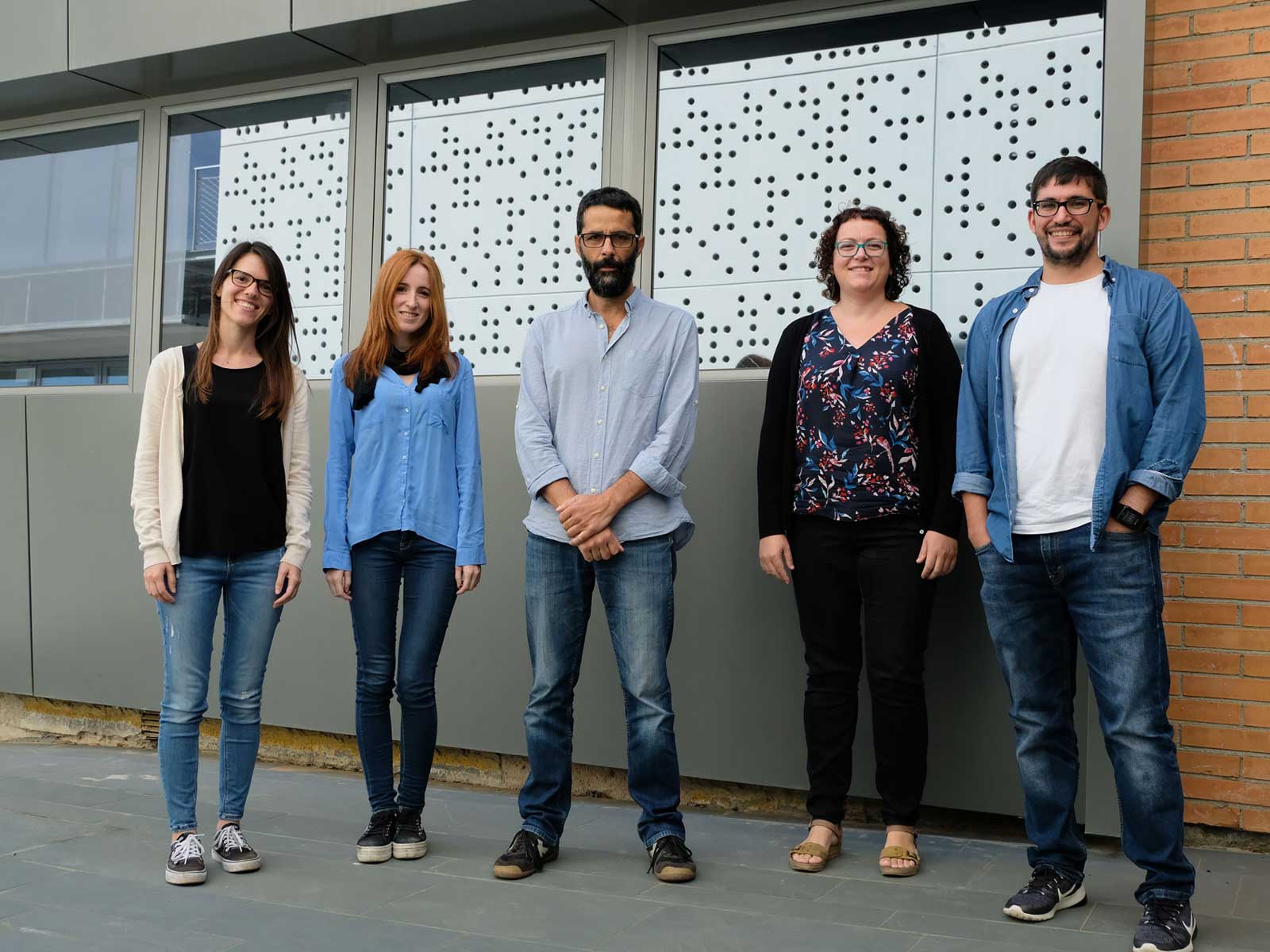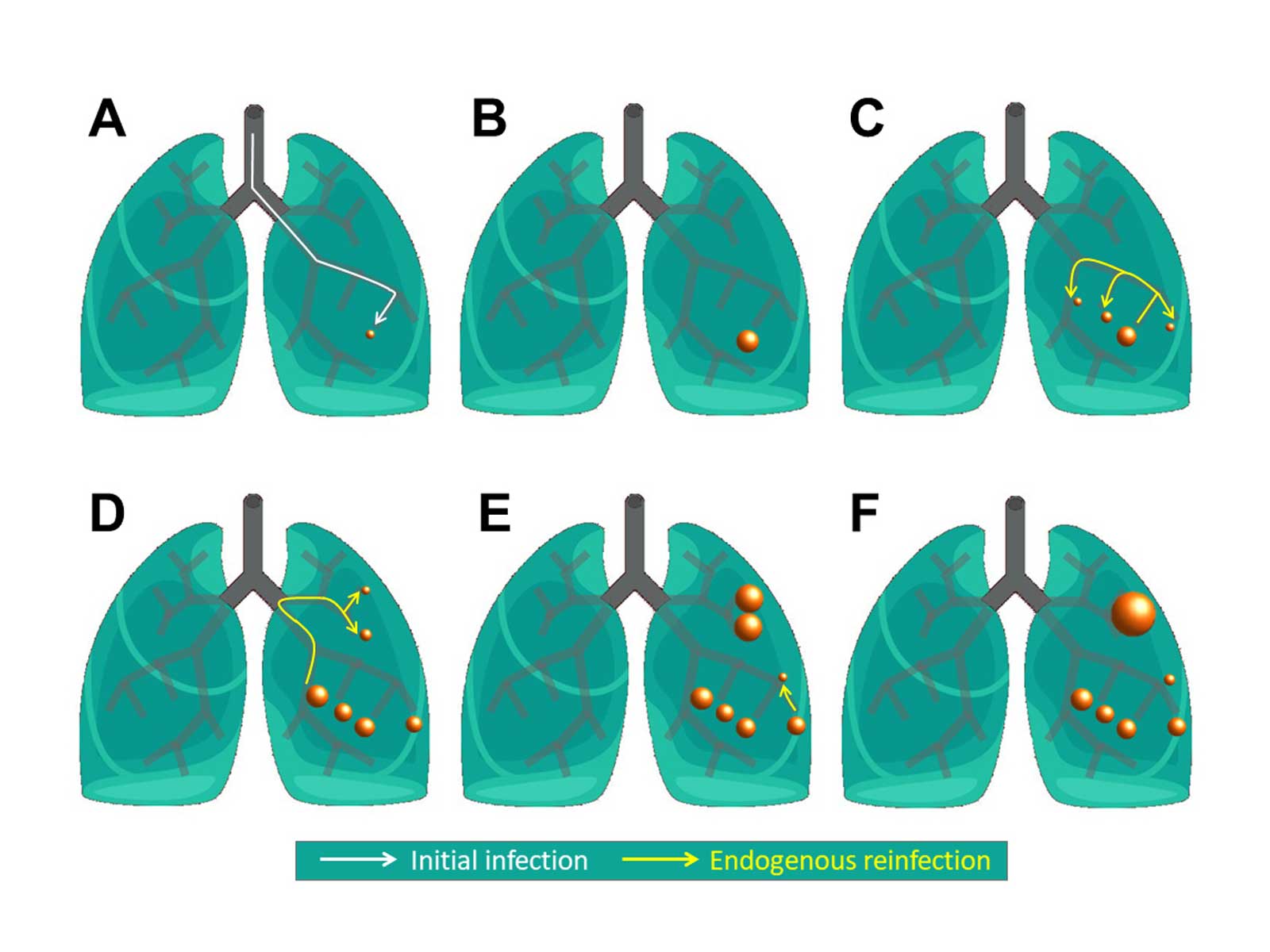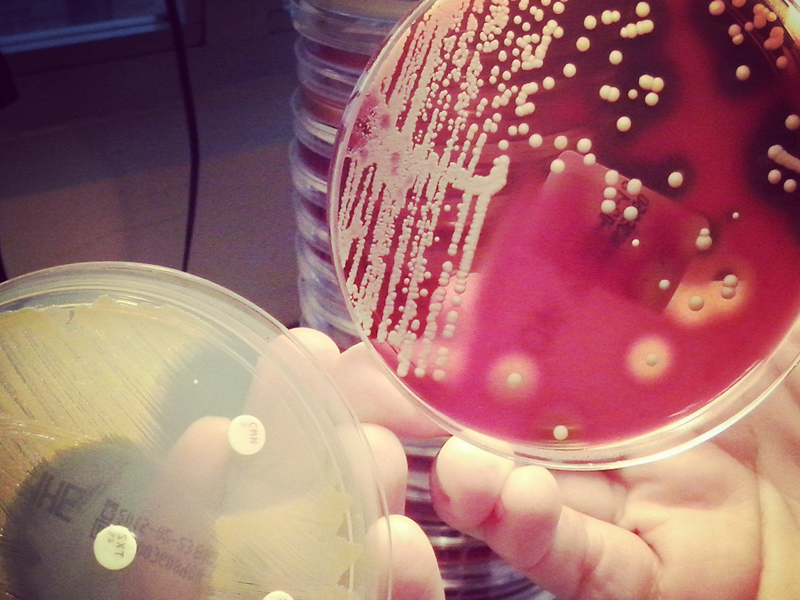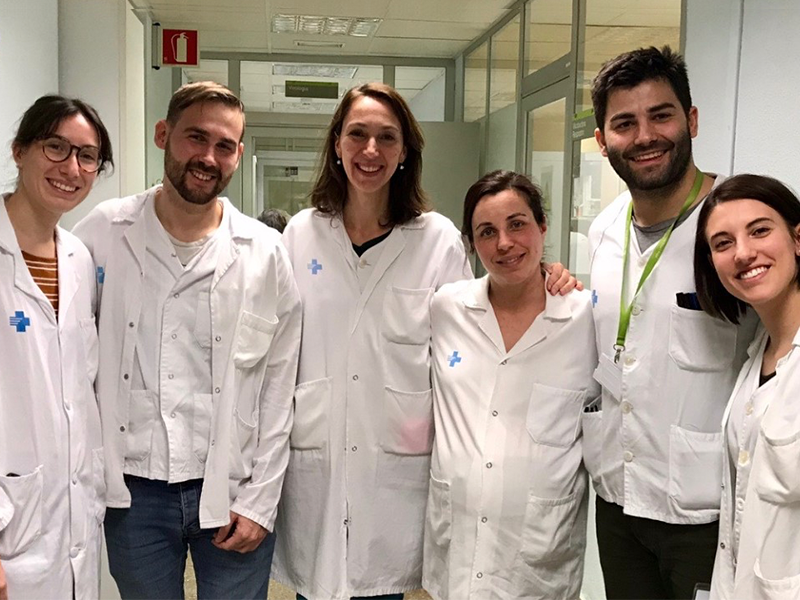A genetic basis for why some people develop severe forms of COVID-19
This international study identifies the genetic characteristics that influence the risk of suffering respiratory failure in patients infected with SARS-CoV-2. The GCAT Project of the IGTP is one of the research groups taking part. The results of the research, which are published in the New England Journal of Medicine, also show that there is 50% more risk associated with blood group A and 35% less with blood group 0.









